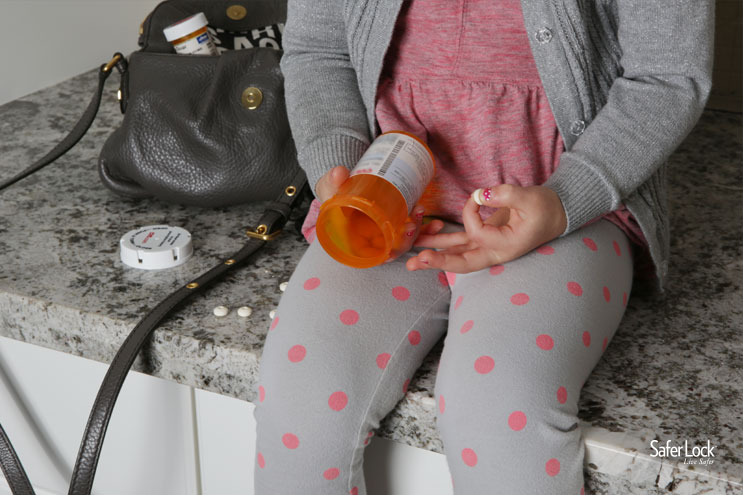The developing teen brain can make experimenting with drugs or alcohol a major risk factor for substance use disorder. Research has shown: the earlier a teen uses any substance, the greater the risk of addiction.
If you have pre-teens or teenagers in your life, it’s important to understand how the developing teen brain can influence their decisions to experiment with substances like alcohol, drugs, or smoking, and how those decisions could go on to increase their risk for addiction.
How Do Drugs Affect the Developing Teen Brain?
The teen brain is still “under construction.”
As your teen’s brain matures, it insulates itself from the back—the primitive areas which process emotions and the rewards system— to the logical front.
The back of the brain is home to the rewards system, which plays a crucial role in survival and motivation. At its core, the reward system has one function: to help us continue the behaviors that help us survive. It attaches pleasure to behaviors such as eating, for example, to encourage us to continue to seek out the food that is necessary for our bodies to survive and thrive.
The reward system activates early in life. We need to learn that eating and bonding with caregivers are pleasurable, positive experiences that need to be repeated. This is the first section of the brain to mature — typically between the ages of 10-13.
The brain’s front end, the prefrontal cortex, takes much longer to mature. The prefrontal cortex controls executive functions such as reason, decision making, insight, impulse control, and understanding consequences. This is the last part of the brain to mature, usually around age 25.
The teen brain, as described by psychologist David Walsh, is like a car with a fully functional accelerator… but no brakes.
When a teenager uses drugs at this particular developmental time, when the reward system and emotional region of the brain is fully functioning, but decision making and impulse control is still a work-in-progress, you get a teen brain that is primed for addiction.
The Teen Brain Takes More Risks
An unfortunate result of the brain maturing and developing from back to front is a significant increase in risk taking or novel behaviors in teens and young adults.
With a developed rewards-system, the teen brain is very sensitive to new sensations, novel situations, and new experiences. This sensitivity to rewards and novelty leads to reward-seeking behavior, such as experimenting with drugs and pleasing their peers.
Drugs stimulate the rewards system of the brain by disrupting the neurotransmitters, like dopamine, that regulate pleasure. The brain remembers that experience, and associates the action (drug use) with the reward. While a teenager is experimenting with drugs, their brain is “learning” that drugs equal pleasure, and it will encourage repeat experiences of this pleasurable behavior.
Takeaway: The brain is developing in a way that encourages a teen to seek out new experiences. It will encourage the repeat action associated with pleasurable feelings, but it lacks the ability to “put on the brakes” or differentiate between safe or dangerous situations.
Protect your family. Lock powerful prescription pills up with a medication lock box.
Teen Drug Use Increases the Risk of Substance Abuse
The research is clear: early substance use has been linked to a higher risk of substance use disorder. The earlier in life an adolescent begins experimenting with alcohol, tobacco, or illicit drugs, the greater the risk.
- 7.2% of youths who begin drinking at 11-12 years of age developed an alcohol use disorder within two years.
- Early substance use (before the age of 14) is associated with the highest risk for developing substance use disorder.
Early substance use results in a 4x increase in risk of substance use disorder. For teens aged 13 - 21, every year that substance use is delayed, the likelihood of lifetime substance use or substance use disorder drops by 4-5%.
Drug use changes the brain. Drug use during the teen years changes a brain that is still being developed. Full brain maturity—and the insulation of the frontal cortex that regulates impulse control, decision-making, and reason—won’t occur in most people until their mid-to-late twenties.
Since your teen can’t always control their impulses or exercise good decision-making, it is crucial that you take every step you can to protect teens from substance abuse that can lead to a lifetime of substance use problems.



